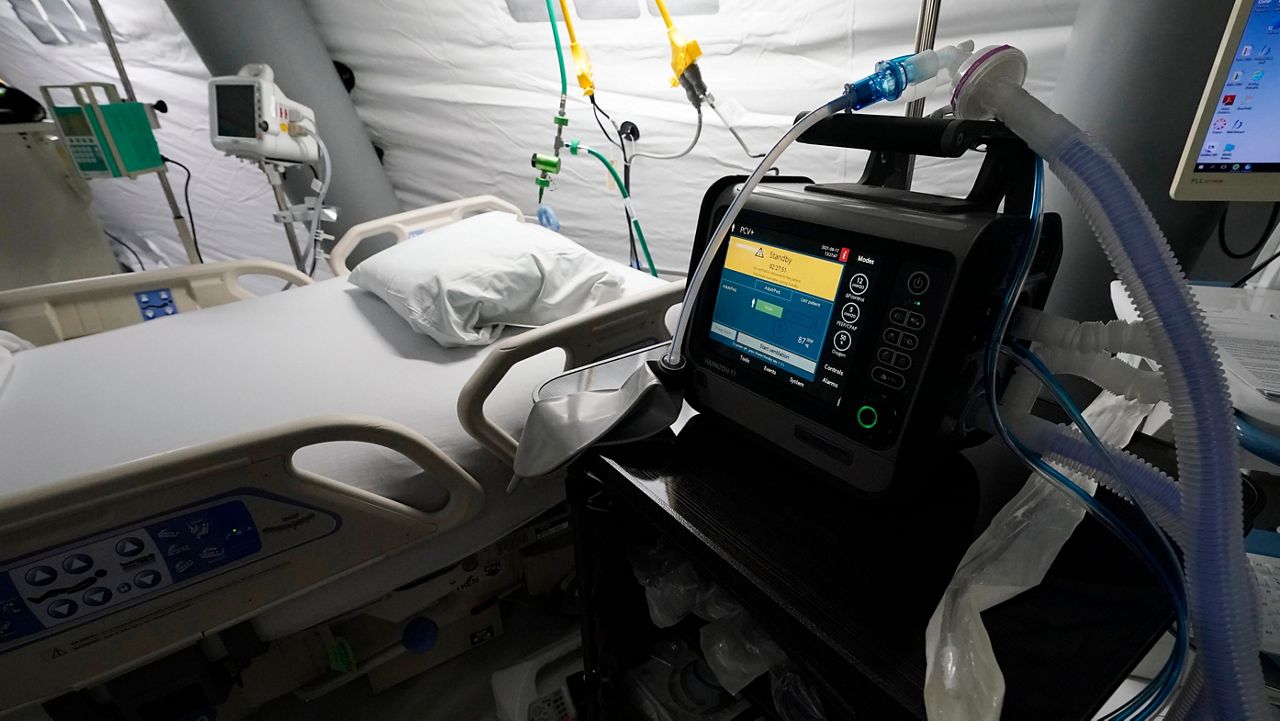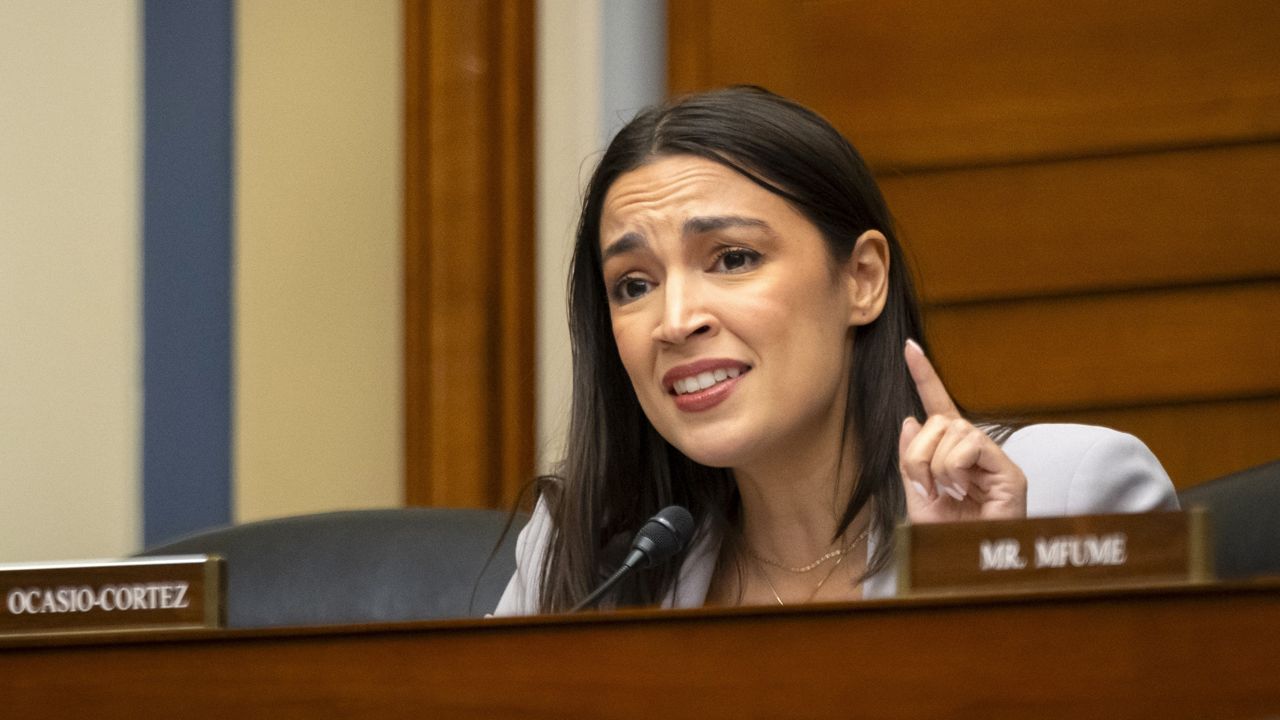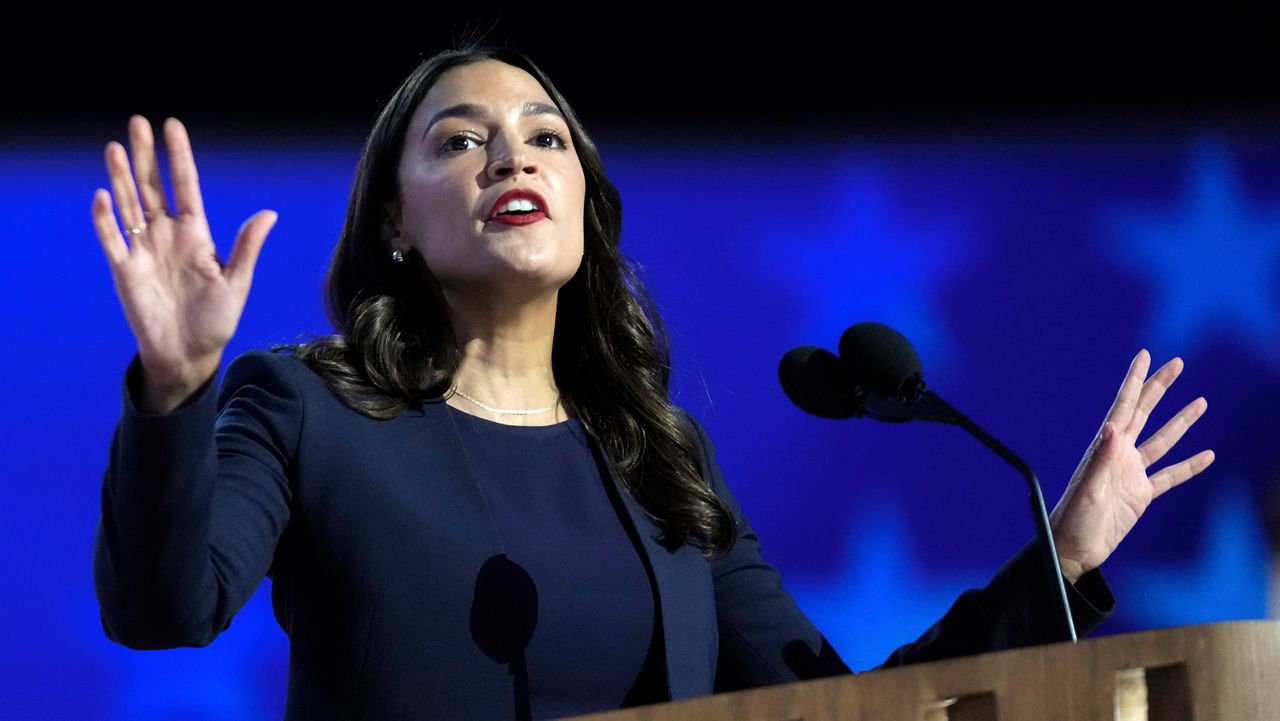WASHINGTON — An evenly split Senate. A diverse caucus. And a deal that could easily go sideways.
All of it adds up to a legislative tightrope walk. In the center ring is Senate Majority Leader Charles Schumer.
With a once-in-a-generation infrastructure plan on the line, the New York senator faces a critical test. As the Senate majority leader, can he keep all his Democratic members in line? Even one defection could doom the plan.
“This is going to be difficult,” said Mike Morey, a former New York communications director for Schumer. “Chuck has a lot of work cut out for him.”
Democrats are looking to pass two major bills. One is a $1.2 trillion bipartisan infrastructure measure, outlined this week by a small group of Senate Democrats and Republicans, with money for roads, railways, and broadband.
The other is a multi-trillion dollar bill devoted to other Democratic priorities, including social programs and climate change. It is likely to pass without Republican votes through a process called reconciliation - if it passes at all.
The lines are razor thin on Capitol Hill. The Senate is split 50-50. In the House, Democrats hold the majority by only a handful of votes.
Morey says that in a pinch, Schumer knows how to deliver. He cites the relationships the Brooklyn lawmaker has with his Democratic members - relationships that are perhaps best illustrated by his constant use of his throwback flip phone.
“Chuck is on the phone all day, every day with his caucus. He knows each of their individual needs, he knows all of the important things that are happening in their states,” Morey said.
Even so, through the give and take of deal-making as Schumer looks to accommodate those needs, there are many ways in which things could collapse.
Other dynamics are at play, as well.
Already, Democrats in both chambers are uncomfortable with the bipartisan plan, arguing it is too small. They want assurances the separate bigger package will also get done.
“I can easily support a bicameral, bipartisan compromise in addition to reconciliation - but not to the exclusion of reconciliation,” said Congressman Ritchie Torres, a Democrat representing The Bronx.
President Joe Biden likewise is insisting the bills be done in tandem, which has sparked criticism from the senate’s top Republican, Sen. Mitch McConnell of Kentucky.
If McConnell peels away enough Republican votes, the bipartisan deal - which would require 60 votes to overcome the filibuster - is in jeopardy.
“Mitch McConnell has the upper hand in the Senate,” said Mark Rom, who teaches government and public policy at Georgetown University.
Can Schumer keep the train on the tracks, with the president’s agenda on the line? It could be a wild ride.









